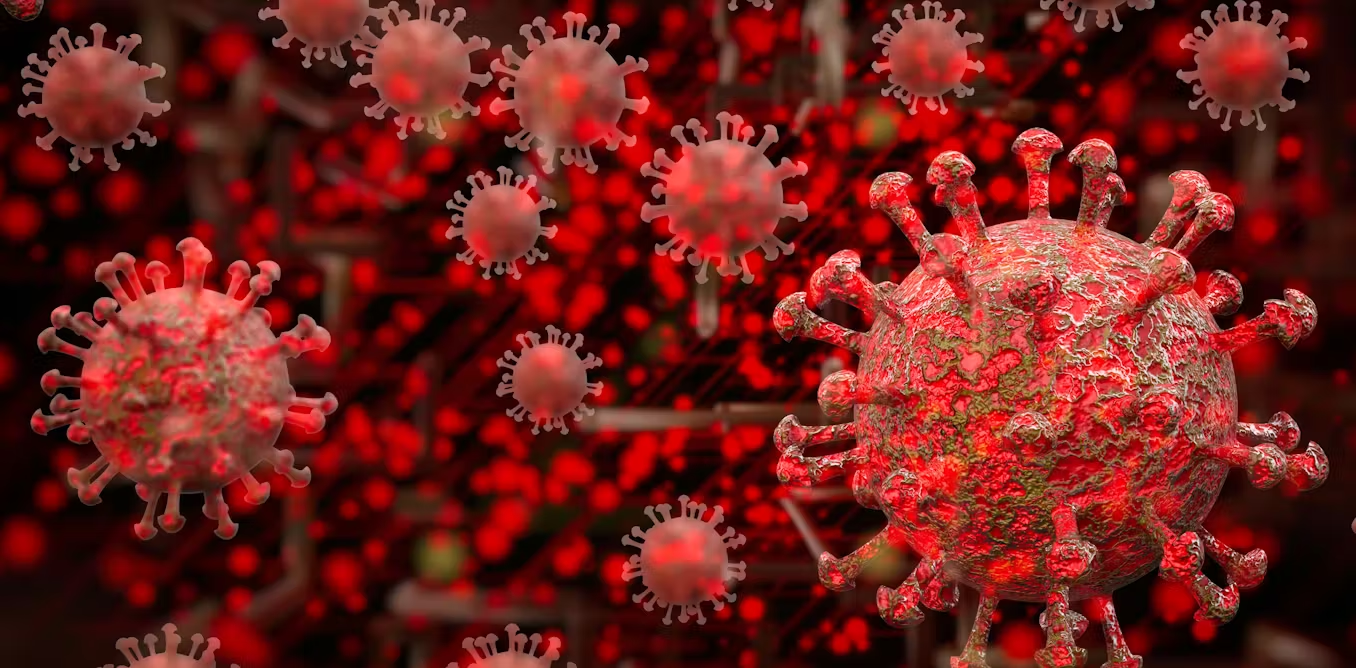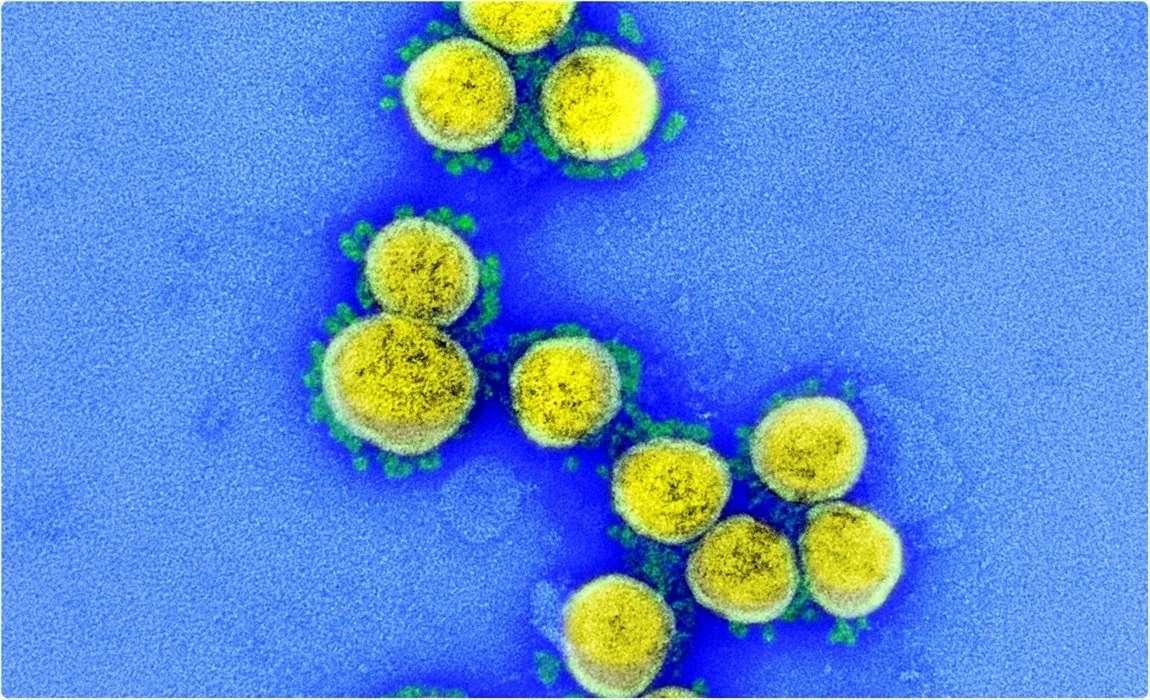A new highly mutated variant of the virus responsible for Covid-19, known as BA.2.86 or Pirola, has sparked concerns worldwide as scientists rush to determine its spread and potential impacts on immunity.
Dr. Jesse Bloom, a viral evolution expert at the Fred Hutchinson Cancer Center, noted that BA.2.86 has more than 30 changes in its spike protein compared to its closest predecessor, the BA.2 subvariant of Omicron.
Bloom described this as an evolutionary leap comparable in magnitude to the emergence of Omicron itself.
The World Health Organization has classified BA.2.86 as a “variant under monitoring,” urging countries to track and report its spread.
Currently, only six sequences of BA.2.86 have been identified across four countries, but experts caution that this number may not reflect the true extent of its circulation due to decreased global monitoring of variants.
According to Morten Rasmussen from the Statens Serum Institut, the appearance of such a highly mutated variant is uncommon and reminiscent of the emergence of Omicron.
Initial cases of BA.2.86 have been detected in Israel, Denmark (with three cases reported), the United States, and the United Kingdom, raising concerns about international transmission.

Despite these developments, researchers emphasize that it is too early to determine the severity or transmissibility of BA.2.86. Studies are underway to test the variant against human antibodies to assess its potential impact.
Dr. Mandy Cohen of the US Centers for Disease Control and Prevention reassured the public, stating, “I think what we are seeing is our detection mechanisms that we’ve put in place are working, right?”
She emphasized that while BA.2.86 has distinct mutations, its implications are yet to be fully understood—whether it will escalate or diminish in significance.
The UK’s Health Security Agency highlighted the international presence of BA.2.86 in individuals without recent travel history, suggesting established transmission across borders.
However, the agency noted the need for more sequencing data to strengthen assessments of its spread and impact.
As investigations continue, including by researchers at the University of Michigan, health authorities stress the importance of vigilance and robust surveillance to monitor the evolution of Covid-19 variants.
